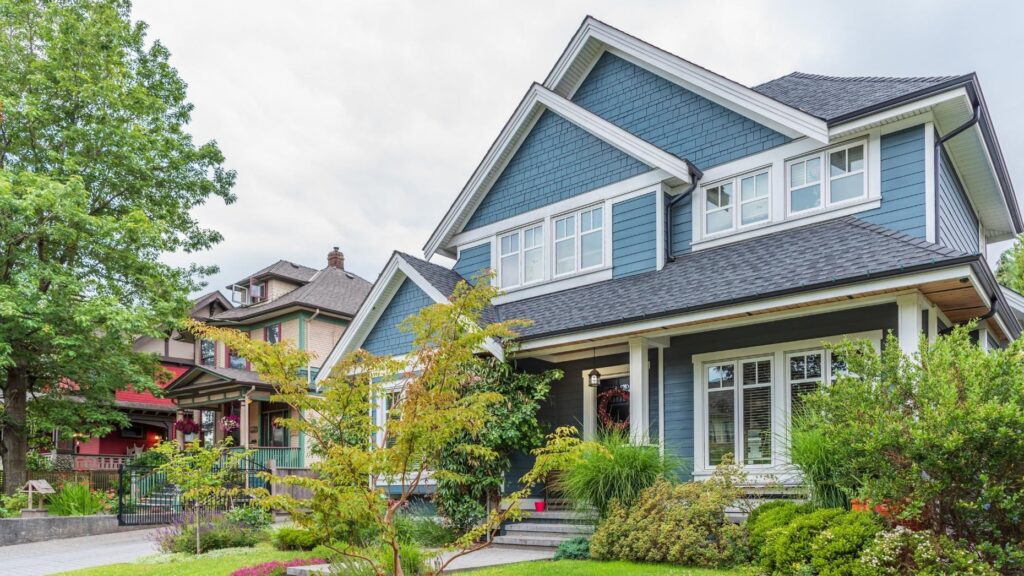If you’re a real estate professional who is interested in expanding your skillset to include buying and selling vacation homes, now is a great time to explore the options in your market. In 2021, vacation home sales grew from 5% to 6.7% of the total market share, the highest growth we’ve seen in recent history.
Current market conditions
Vacation and second home sales rose to 6.7% of the total market share in 2021 for the year. By the end of January 2022, vacation home sales were still trending upward, hinting at continued growth in the segment. While it’s a small portion of the overall real estate market, there is great interest in owning a vacation home.
Who purchases vacation homes?
Vacation home buyers and sellers are typically better prepared, having been through the process of purchasing their primary residence. In 2021, 77% of vacation home buyers were able to contribute 20% or more to their down payment. Meaning vacation home buyers are typically better qualified financially and tend to be better prepared mentally to get the deal done.
What exactly constitutes a vacation home?
The U.S. Census Bureau defines vacation homes as, “seasonal, recreational, and occasional-use properties.” When you think of a vacation home, you might imagine a seaside villa on the Pacific Ocean. A vacation home buyer may be thinking of their family’s cabin deep in the woods of Northern Michigan. Both would be correct.
What motivates vacation home buyers?
Lifestyles and life stages make buyers gravitate toward certain locations and types of properties. The chance to engage in their favorite recreational activities is a major factor in choosing a location.
Below are lifestyle and recreation activities that may influence someone to purchase a vacation home:
- Golf courses and resorts
- Waterfront
- Ski resorts
- Hunting and fishing
- Wildlife watching
The importance of personal branding when working with vacation home buyers
Now is the time to evaluate your marketing efforts and determine whether your brand and advertising will attract vacation home buyers and sellers. Your branding should focus on the types of properties and clients you wish to work with. Consider what is important to this demographic and begin developing a message around those topics. Being an accurate and authentic source of information is one of the best ways to build a relationship with potential clients.
Below are a few tips for getting yourself established as a vacation home real estate professional.
- Product knowledge: Get to know your market and learn what draws people to your community.
- Embrace the competition: Vacation homes can be highly sought after, and the market can be aggressive. Don’t be discouraged; focus on doing good business.
- Network intelligently: Getting involved in your community is a great way to learn more about what it has to offer you and potential vacation homeowners.
- Financial literacy: Take time to become familiar with how a second home can impact a client’s financial outlook.
The bottom line
Interest is growing in the vacation and second home market, and you can be a part of that growth. If you don’t live near the beach, don’t worry. Vacation homes come in all shapes and sizes. Take some time to evaluate your branding and make changes that will attract the type of clients you want to work with. Stay focused on your clients’ vision and your business will be rewarded with referrals.
Want to increase your knowledge and stay on top of market trends, check out the Rocket ProSM Insight Learning Center.



 Are You Interested in West Eleventh Residences Miami?
Are You Interested in West Eleventh Residences Miami? Are You Interested in ONE Park Tower by Turnberry?
Are You Interested in ONE Park Tower by Turnberry? Are You Interested in Diesel Wynwood Condominium?
Are You Interested in Diesel Wynwood Condominium? Are You Interested in Five Park Miami Beach?
Are You Interested in Five Park Miami Beach? Are You Interested in Cipriani Residences Miami?
Are You Interested in Cipriani Residences Miami? Are You Interested in Bentley Residences Miami?
Are You Interested in Bentley Residences Miami? Are You Interested in Baccarat Residences Brickell?
Are You Interested in Baccarat Residences Brickell? Are You Interested in Aria Reserve Miami?
Are You Interested in Aria Reserve Miami? Are You Interested in 888 Brickell Dolce & Gabbana | Miami?
Are You Interested in 888 Brickell Dolce & Gabbana | Miami? Are You Interested in 600 Miami WorldCenter?
Are You Interested in 600 Miami WorldCenter? Are You Interested in HUB MIAMI RESIDENCES?
Are You Interested in HUB MIAMI RESIDENCES? Are You Interested in WALDORF ASTORIA RESIDENCES?
Are You Interested in WALDORF ASTORIA RESIDENCES?